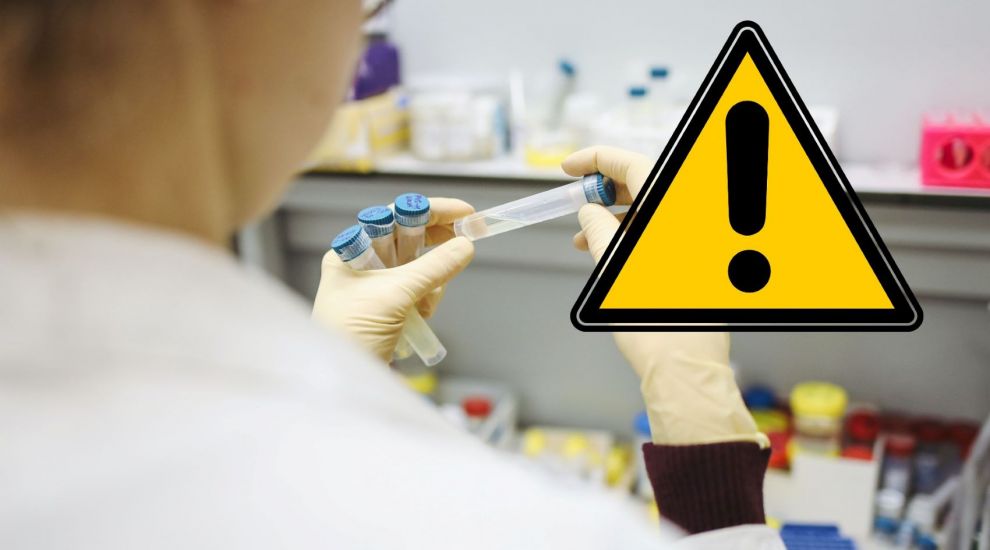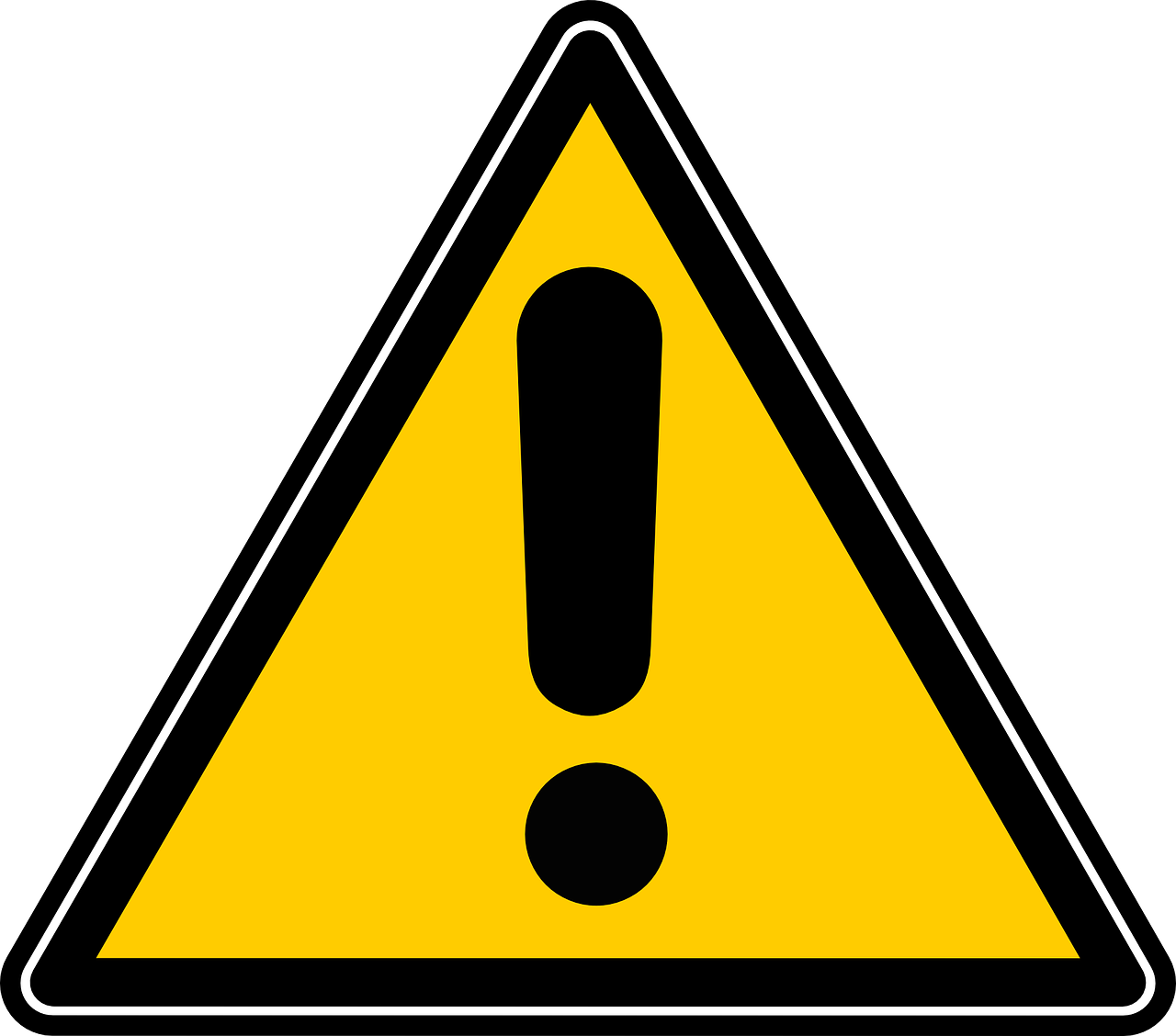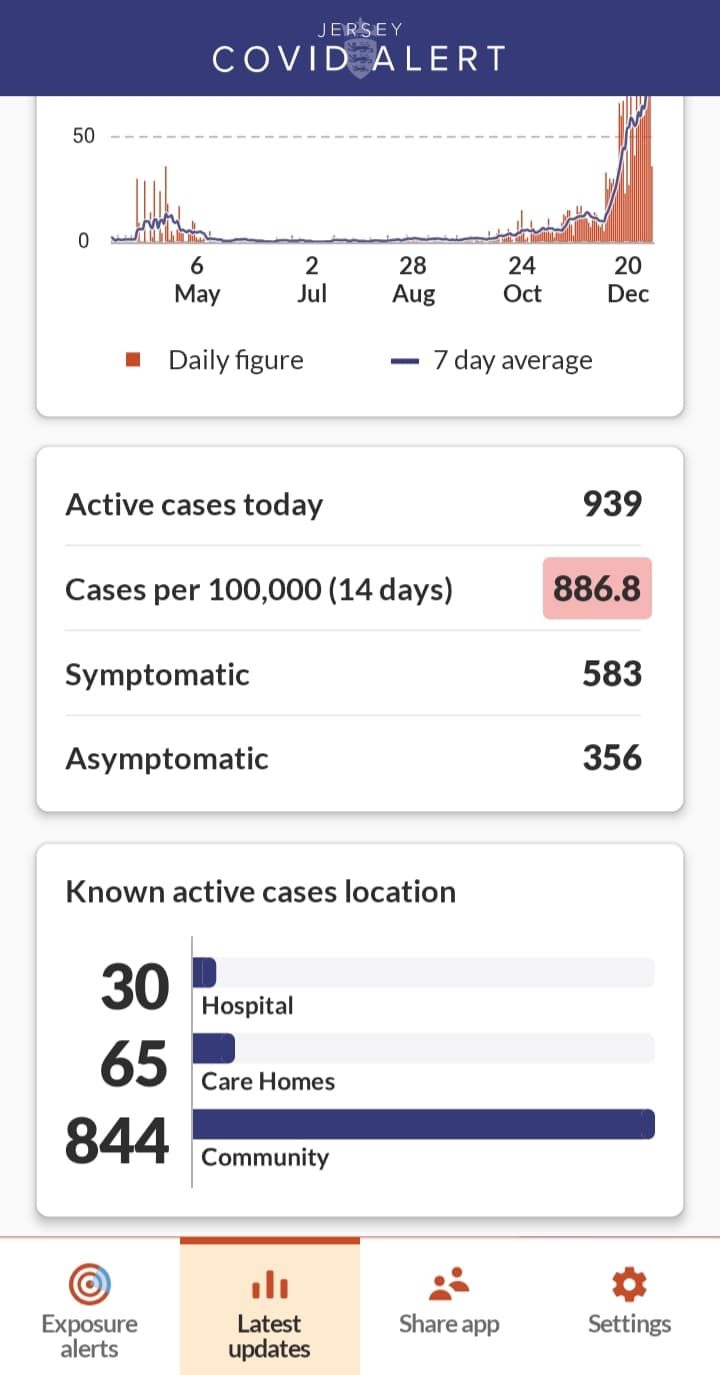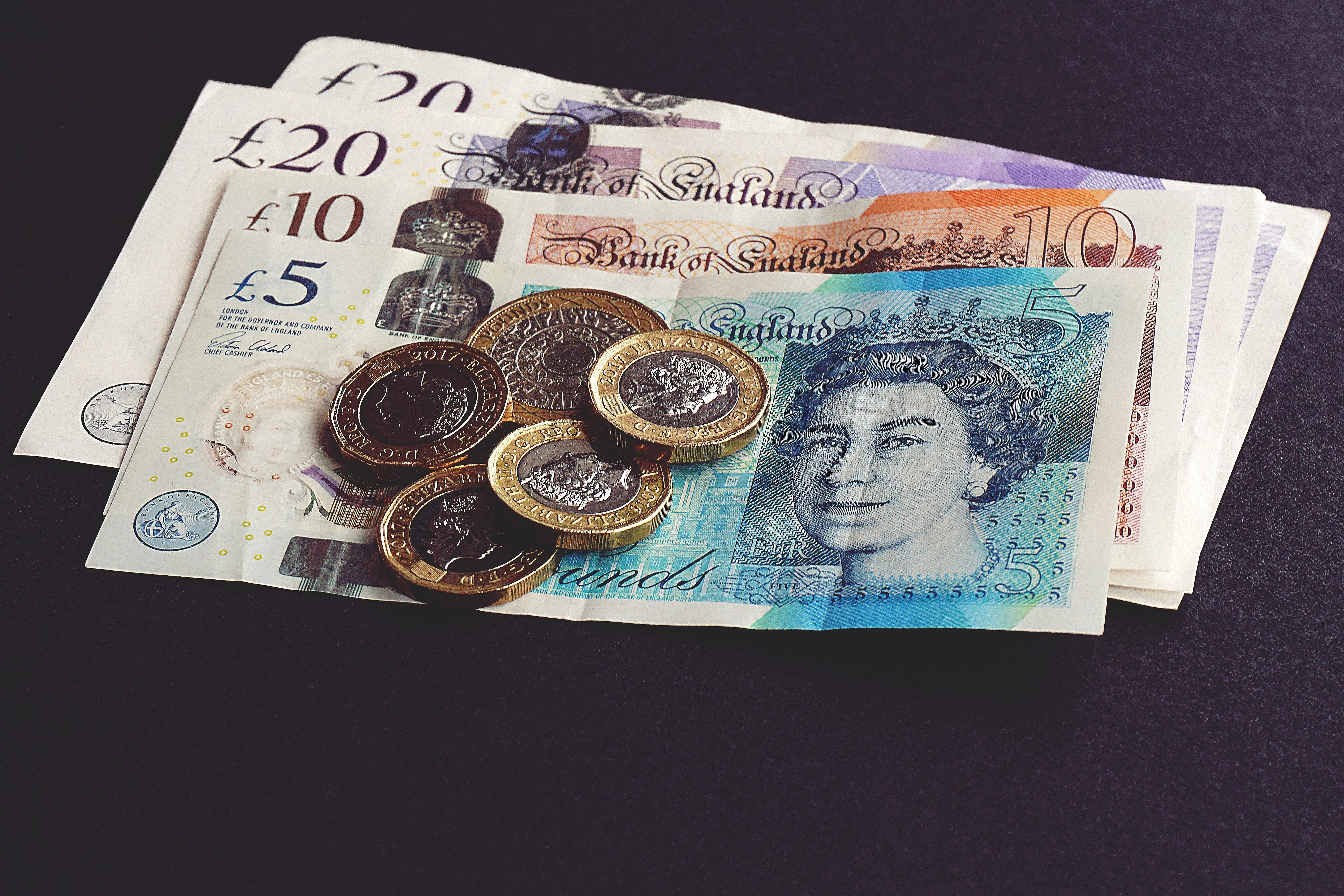


In this article, a Health and Safety professional gives Express their perspective on the island's response to the covid-19 pandemic in 2020.
"For an island with such a concentration of financial risk expertise, and one that has an accountant as Chief Minister, the COVID-19 pandemic has exposed an absolute failure to understand risk management in our government.
The first death in China, from what is now known as COVID-19, occurred on 11th January 2020. By 20th January the virus had been discovered outside China, and on January 30th the World Health Organisation declared a global health emergency.
We had been told that a global pandemic was the top item on the Channel Islands’ risk register – that it was only a question of ‘when’ and not ‘if’ we would be affected. The primary function of any government is to maintain the safety and lives of its people, so we should have been prepared to act swiftly and decisively to preserve life.
In health and safety and risk management we focus on identifying hazards that could potentially cause harm, and we assess the risk of that harm occurring (identifying the likelihood of an event and the degree of harm it could cause).

Pictured: The 'precautionary principle' refers to the assumption of the worst until the nature of the risk is fully understood.
When a potentially high-risk hazard is identified, we refer to the ‘precautionary principle’ – that is we tend to assume the worst until we fully understand the exact nature of the risk and we aim to eliminate exposure as far as possible. The same principle applies in airline safety – if a part is found to fail on one plane, airlines do not carry on flying the rest of the fleet and hope for the best – they ground all their planes until the risk is understood and managed.
This principle applies to the first stage of the pandemic in Jersey – it was known very early on that the novel coronavirus was easily spread, potentially fatal, and we had no effective treatments. Anyone watching the news or following social media in February and March will have been aware doctors in Italy urging us to take early decisive action to avoid the situation they were in with many thousands of deaths and hospitals overrun.
Jersey is a small island with limited healthcare resource, and COVID-19 clearly had the potential for pandemic spread. If we had applied the ‘precautionary principle’ in February by stopping many travelling for half-term skiing holidays to areas where COVID-19 was clearly spreading, we may have avoided our first lockdown. Instead the Chief Minister encouraged islanders to continue with their holidays into March.

Pictured: "If we had applied the ‘precautionary principle’ in February by stopping many travelling for half-term skiing holidays to areas where COVID-19 was clearly spreading, we may have avoided our first lockdown."
However, after a delay the government did respond with the April lockdown and border control, which worked well to control the initial spread of the virus. In health and safety we use another term when we manage risks involving safety critical and potentially lethal hazards – ALARA - meaning ‘as low as reasonably achievable’ – for example we apply this in controlling exposure to ionizing radiation in workers to the minimal level possible, and only allowing exposure when absolutely necessary.
On 20th May the States debated Deputy Jess Perchard’s proposition to pursue an ‘elimination’ strategy – aiming to get the cases in Jersey down to zero and to use a robust test, trace and isolate system to manage any isolated new cases.
This would have been following an ‘ALARA’ strategy and the ‘precautionary principle’. As an island with control of its borders we could have chosen to eliminate COVID-19. We did not. Islanders will recognize this as the strategy very successfully pursued by our neighbours in Guernsey, as well places further afield such as New Zealand, where they are now successfully living without COVID-19 with functioning, open economies.

Pictured: Deputy Jess Perchard suggested an 'elimination strategy' in May, which was rejected.
Jersey’s government, on the other hand, chose to pursue what we would call in health and safety an ALARP strategy – meaning ‘as low as reasonably practicable’. Although there is only one letter different in the two approaches, they signify a huge change in mindset – Achievable vs Practicable.
The ALARP principle suggests that attempts should be made to avoid the risk, but not at all costs – the government took a view on what was ‘practicable’ and decided to keep our borders open and economy moving, but attempted to reduce the risk and suppress the virus with an extensive - and expensive - testing and tracing program.
So, what does any of this have to do with financial risk management you might be asking? Those that work in finance and risk management, or even enjoy a game of poker, a flutter on the horses, or roulette at the casino, will understand the concept of ‘risk tolerance’ – essentially you only bet what you can afford to lose.
Hedge funds and investment banks make large amounts primarily through not losing money, rather than making large risky bets. They have tight risk controls and understand that if a position loses a certain, pre-defined amount they close the position – without hesitation, emotion and often without any human interaction. It is this tight, emotionless risk control that allows successful hedge funds, gamblers and poker players to make money.

Pictured: "Our government are risking the lives of islanders like a desperate gambler putting everything on red."
Once Jersey’s government decided on 20th May to accept a ‘control and suppress’ strategy, and opened the border on 3rd July, what it failed to do was decisively define its risk tolerance and controls.
The ‘Safer Travel Policy’ did sort countries into Red, Amber and Green depending on COVID levels (green120 cases per 14 days), and applied some risk controls – the testing and tracing program was ramped up, and travellers from high-risk areas isolated on arrival. Having chosen to accept a degree of risk, travellers from ‘Green’ countries could move about freely without isolation, before receiving a test result.
However, towards the end of August, the government faced a situation with rising COVID levels in the UK & Europe, yet a desire to keep the border as open as possible. They responded on 2nd September by moving to regional classifications, to keep as many travel options as possible open.

Pictured: "The ‘Safer Travel Policy’ did sort countries into Red, Amber and Green depending on COVID levels."
By mid-September the situation in the UK was spiralling, but rather than continue to apply the existing risk classifications, the government delayed the implementation of the new ratings and changed the criteria. From 29th September the government doubled the threshold for Amber regions to >50 cases per 100,000. Arrivals from green areas remained free to wander the island prior to a negative test result. In finance when there is turmoil in the economy you tend towards tightening your risk controls – our government did the opposite.
Any effective risk management system involves close monitoring of exposure, and early warning signals that trigger controls. It became clear in mid to late October that our controls were failing – after a relatively successful summer the number of cases on the island began rising from the odd one or two from inbound travel to five or more per day with the appearance of clusters with unknown origin.
Test positivity levels began rising. To use the airline analogy again – the warning lights were starting to flash. Even the government’s own Winter Strategy highlighted ‘unlinked community cases’ as a ‘key signal that enhanced or universal escalation may be needed’. The government’s own data shows that by the end of October there were already eight cases or clusters with an unknown source.
Finance companies have a separate risk management department for a reason – their job is to stop the natural inclination when things go wrong for people to take ever higher risks to make it right again. When a position loses money, it gets closed.

Pictured: "We do know that the current level of spread would not have been deemed an acceptable risk to take when initially deciding on the strategy."
‘Only bet what you can afford to lose’ we are told. Rather than pounds and pence, it is lives our government are betting on currently. However, they failed to heed the early warning signs and have continued to double down on their strategy, with ever increasing risk.
It would have made absolute sense for Jersey to follow the ‘precautionary principle’ and aim to eliminate COVID-19 from the island – I am of the belief that was the only sensible approach on a small island with limited healthcare facilities, but the government chose otherwise.
However, what makes me so frustrated now is to see the failure of risk management in the policy they did choose. Our Council of Ministers have so much personally invested in the current strategy that they cannot see the wood for the trees. Like a poor trader or gambler, they are chasing their losses, rather than sticking unemotionally to their plan and adhering to strict, defined risk controls.
They never did publish their risk appetite or all of the STAC minutes to date – we don’t know how many cases they deem acceptable, or how many deaths they see as a reasonable trade-off for attempting to keep the economy open. However, we do know that the current level of spread would not have been deemed an acceptable risk to take when initially deciding on the strategy.

Pictured: "We don’t know how many cases they deem acceptable, or how many deaths they see as a reasonable trade-off for attempting to keep the economy open."
To once again mix metaphors, with cases rising rapidly we are now in a situation where all the warning lights on the plane are going off at once, and the alarms sounding.
The plane is cracking but the government are insisting on waiting for the wings to fall off, and deaths to occur, before acting decisively. We know that by then it will be too late.
In the unlikely event they do pull it off and land the plane (essentially if the vaccine comes just in time to save us), it does not mean that such irresponsibility was ever the correct line of action.
No airline would stand for such risky behaviour in its pilots, and a finance firm would lose their license if they acted in such a way with client money. Our government are risking the lives of islanders like a desperate gambler putting everything on red. It might just work, but it doesn’t mean it was ever the right thing to do."